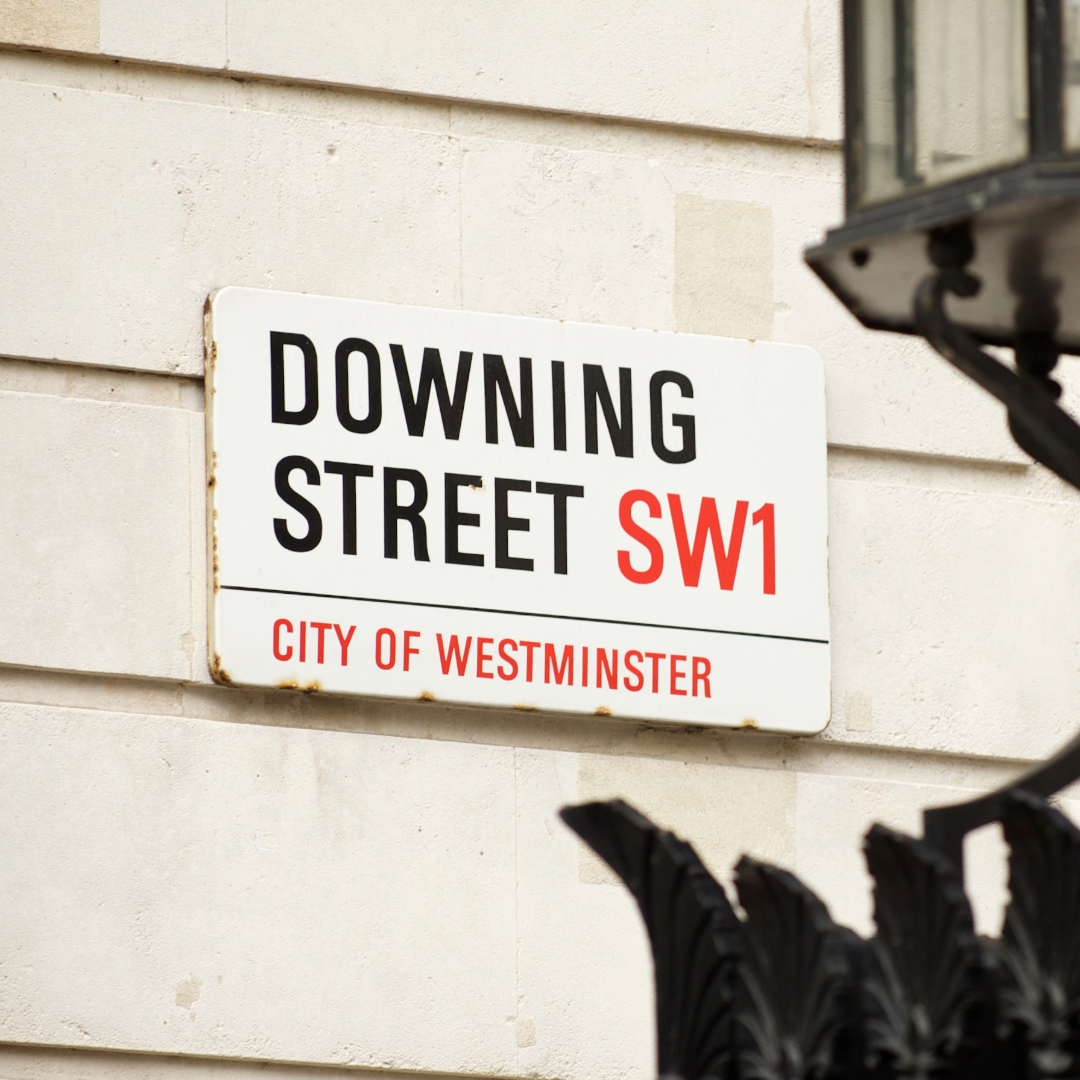
What can we expect from the Spring Budget on the 6th of March?
Jeremy Hunt, the Chancellor of the Exchequer, will present his Spring budget, probably the last one before a General Election.
The UK economy dipped into recession at the tail end of 2023, marked by two consecutive quarters of shrinking output.
While Bank of England Governor Andrew Bailey suggests it might already be over, the financial strain on many households persists after two years of relentless price increases.
So what can we expect:
- Income Tax:
Despite hinting at tax cuts, the government faces a financial hurdle. According to the Resolution Foundation, a mere 1p decrease in the primary income tax rate would come with a £7 billion price tag.
- National Insurance:
Following a cut to National Insurance contributions for 27 million workers in January and another planned for the self-employed in April, the government is weighing an additional 1% reduction. However, this potential cut comes with a cost of £4.5 billion annually.
- First-Time Buyers:
So, what can we expect from the spring budget for the often-forgotten first-time buyer? The Chancellor is reportedly exploring the introduction of 99% mortgages, potentially easing entry for first-time buyers onto the property ladder with a minimal 1% deposit.
However, this proposal sparks debate, with proponents seeing it as a stepping stone for aspiring homeowners. At the same time, critics raise concerns about negative equity and say it will increase badly needed house construction.
Read about the Mortgage Myths of 2024
- Fuel Duty:
Despite a freeze since 2011, a 5p fuel duty hike is planned for later this month. However, scrapping it altogether would cost the government an estimated £2 billion in 2024-2025, according to the Resolution Foundation.
- Inheritance Tax:
A potential cut to inheritance tax (IHT) is on the table, but it raises questions about who benefits most.
While only a small percentage, roughly 4% or 27,000 estates annually, currently face IHT, the Chancellor might consider raising the threshold to account for rising house prices. However, a complete abolishment would come at a significant cost, estimated at £7 billion by the IFS. This suggests the reform might be more targeted than a blanket cut.
- Childcare:
While England gears up to expand free childcare places in April, a question mark hangs over child benefits.
In January, the Chancellor hinted at potential revisions to the current child benefit rules, suggesting a possible acknowledgement of their perceived unfairness.
Look out for our Budget Special next week.
